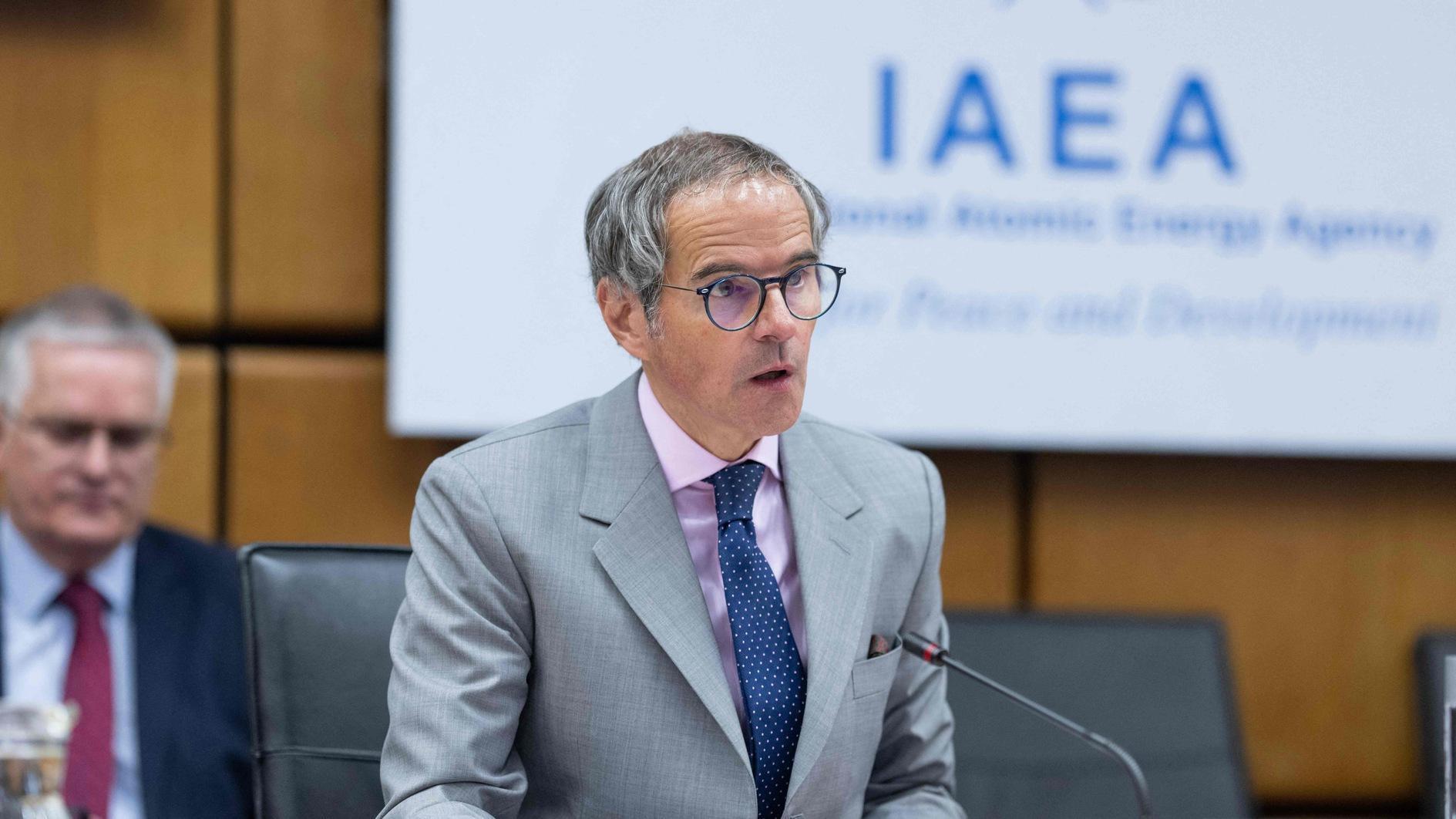The new economic management team and its priorities
The new cabinet ministers and economy-related ministers, long awaited by the markets, were announced on July 9. Some of the appointments to the cabinet and to economy-related ministries are rather surprising.
One of the biggest surprises was the appointment to the Finance and Treasury Ministry. Berat Albayrak was named to head this post. Ruhsar Pekcan and Mustafa Varank were appointed to other economy-related posts, namely the Trade Ministry and the Industry and Technology Ministry, respectively. And those appointments were, too, rather surprising for the public and the markets.
The position and functioning of Albayrak will be of utmost importance for the future of the markets. Albayrak’s experience as energy minister is widely known, but little is known about his views on macro economy. Let us put it differently, of course it applies to all ministries, but we can say that the post he holds, which will determine all macroeconomic balances, will work in full harmony with President Recep Tayyip Erdoğan. It would not be wrong to say that following the initial reaction, the markets will closely watch the statements to be made and measures to be taken before making a decision about the new economic management team.
In fact, irrespective of the new cabinet appointments, what should be done and priorities in the economy are all obvious. Clearly, the primary task of the new economic management team is to restore confidence in the economy in foreign and domestic markets.
By looking at the appointed ministers the market is deciding on the path it will follow, however in the short term the measures to be taken and decisions to be made by the authorities will form the expectations regarding the future of the economy. That is why decisions and preferences regarding the economy will play a key role shortly. In my previous column, I noted that the decisions the Central Bank is set to make at its July 24 meeting are as important as the cabinet appointments. Because the markets will assess whether or not any pressure is exerted on the bank regarding interest rates by looking at the results of the July 24 meeting.
The Central Bank’s key role
The decree issued before the cabinet was announced proved how important the Central Bank’s independence is. According to the decree, when appointing the Central Bank’s deputy governors, the governor’s opinion will not be sought. The decree also abolished the requirements of 10 years of experience and five years of tenure. The markets strongly reacted to the new regulations introduced by the decree. The exchange rates had been declining before the decree was issued but they started to rise again and the lira gave up its previous gains. We can say that this was an unfortunate start to the new period. The decisions regarding Central Bank appointments were widely perceived as interference with the national lender’s independence and measures to be taken regarding the Central Bank will be very closely watched from now on.
This development that occurred before the new cabinet was announced showed that the most critical factor in the period ahead will be “trust.” Next moves will be crucial for building trust. In the short run, after restoring confidence, the new economic management’s plans as to how to overcome the economy’s vulnerabilities, and to restore the balance in inflation, the current account deficit will be crucial. The budget, which will be submitted by the presidency, will reveal economic priorities and provide some clues as to how the upcoming local elections will affect the economic balance.











